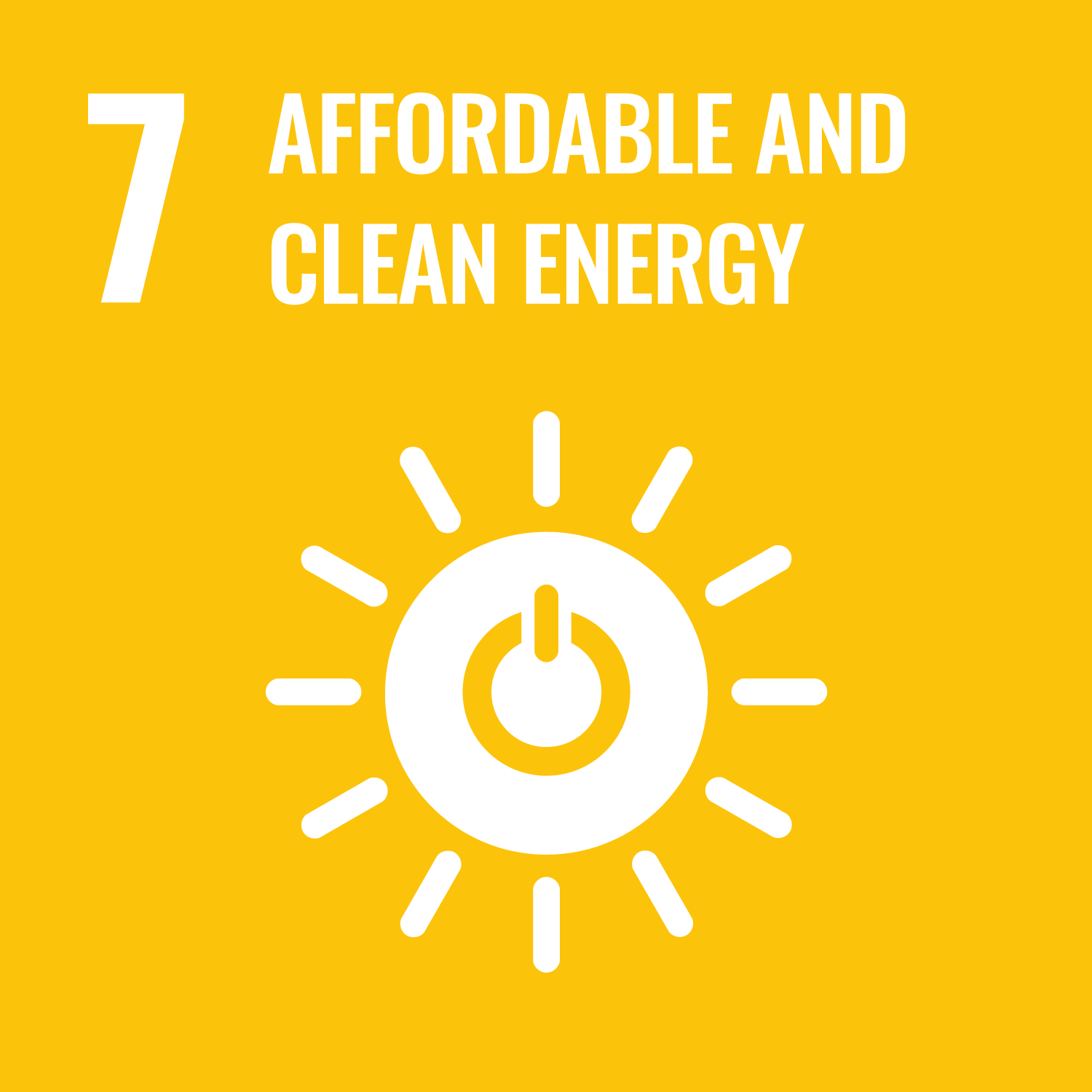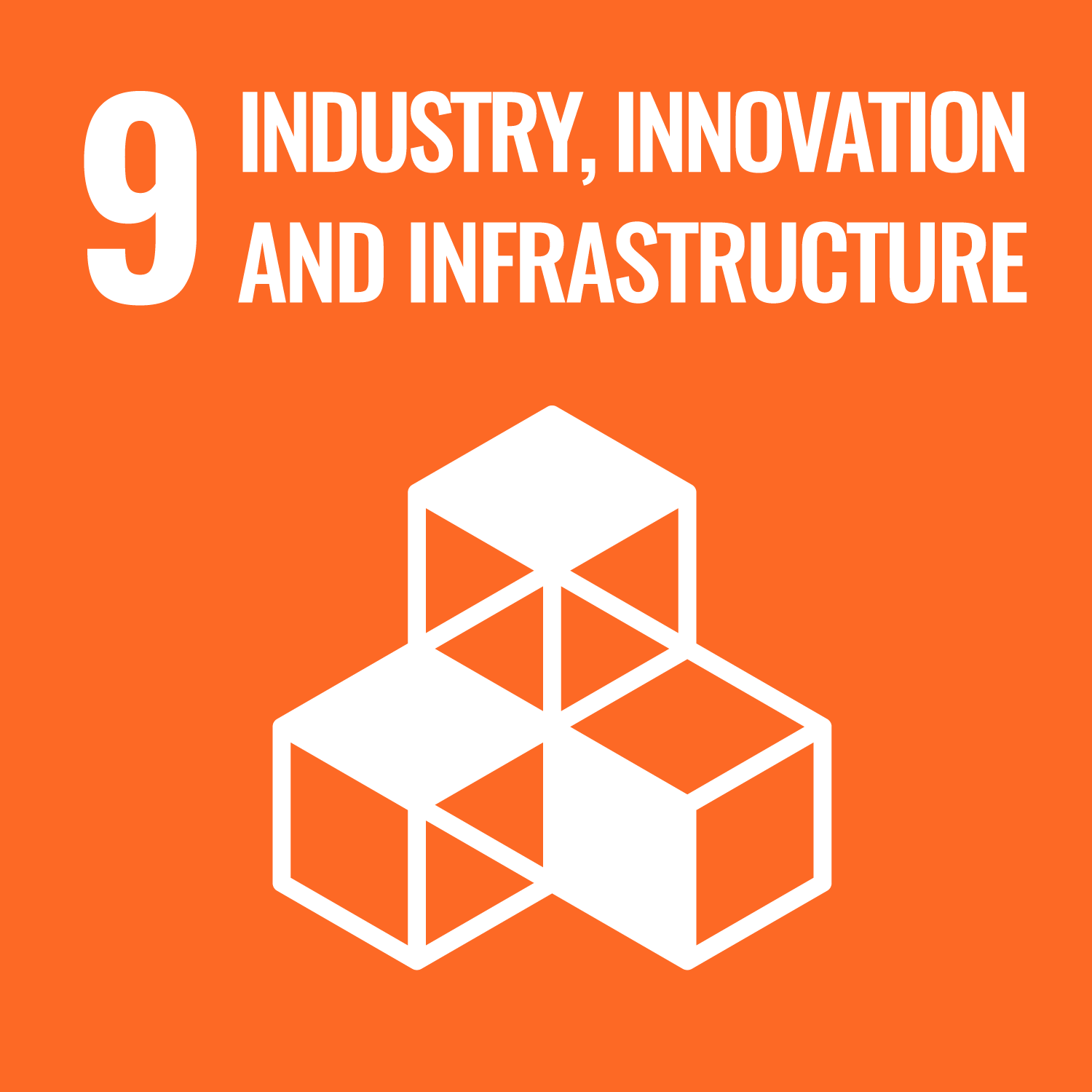LCS-FY2020-PP-04
Impact of Progress of Information Society on Energy Consumption (Vol. 3):
Current Status and Future Forecast of Network-Related Energy Consumption and Technical Issues
Summary
The FY2020 report on the impact of the progress of the information society on energy consumption (Vol. 2) focused on the increase in power consumption of data centers. In this report, network-related power consumption is estimated based on certain assumptions such as the network structure of the core, metro, and access networks. Then we identified what kind of facility / equipment has a great influence on power consumption and what kind of problems exist.
As a result, the power consumption of the entire network was estimated to be 23 TWh in Japan and 490 TWh worldwide in 2018. Assuming a 27% annual increase in the traffic and a technology level fixed to the latest one currently available, the power consumption is estimated to be 93 TWh by 2030 and 9,000 TWh by 2050 in Japan, and 2,400 TWh by 2030 and 260,000 TWh by 2050 worldwide. The consumption increase of core and metro networks will be relatively mild until 2030 because the processing capacity of the routers is large even with the current technology. The problem is the access networks that account for 80% of power consumption, especially wireless access systems. Due to the nature of communication infrastructure, the access network must cover a wide area regardless of the amount of the traffic, and also cope with large time fluctuation of the traffic. In order to improve this, it is necessary to consider not only hardware but also communication systems and architectures.
The equipment with particularly high power consumption is wireless base stations and routers, which need to be reduced to 1/2 to 1/3 of the current level by 2030, and to 1/100 or less by 2050.
All Pages
Related Proposal Papers
- Impact of Progress of Information Society on Energy Consumption (Vol. 1): Current Status and Future Prospects for Power Consumption of IT Equipment
- A Study on the Tele-communication Traffic Trends and the Impacts of Teleworking under Covid-19 State of Emergency
- Impact of Progress of Information Society on Energy Consumption (Vol. 2): Current Status and Future Forecast of Data Center Energy Consumption and Technical Issues



